According to Xinhua News Agency, on July 11th local time, the European Commission announced that it had reached a settlement with Apple Inc. from the United States. Apple has agreed to open up its Near Field Communication (NFC) technology-based mobile payment feature to competitors for free. This commitment will be legally binding for a period of 10 years and will apply to the entire European Economic Area. This means that in the European market, Apple's NFC payment feature will be available for third-party platforms.
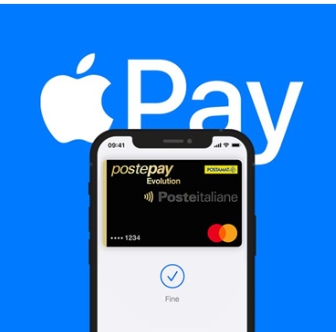
Apple stated that this service will provide European developers with a choice, allowing them to develop features such as car keys, transport cards, mobile keys, mobile tickets, and contactless payments in their iOS apps. European Competition Commissioner Margrethe Vestager expressed on social media that Apple allowing competitors to use the iPhone's tap-and-pay technology addresses the EU's concerns about potential anti-competitive restrictions on iPhone mobile wallets, and will open up competition in this key area.
Earlier reports indicated that in 2022, the European Commission accused Apple of restricting third-party mobile payment app developers from using NFC, which was deemed as anti-competitive behavior. The EU believed that the tech giant was preventing competitors from using the "tap-and-go" chip or Near Field Communication (NFC) to benefit its own Apple Pay system.
The European Commission had previously warned that if Apple did not make changes, it could face fines of up to 10% of the company's global annual turnover. With Apple's revenue in 2023 totaling $383 billion, a potential fine of approximately $40 billion could be imposed.
In light of these circumstances, Apple opted to compromise with the European Commission and reach a settlement. As per the initial commitments put forth by Apple, the company will provide third-party mobile payment app developers with free access to NFC on Apple devices without the need for Apple Pay or Apple Wallet. The European Commission subsequently conducted market testing on Apple's commitments, and Apple modified its commitments based on the testing and feedback.
The European Commission has recognized these commitments and stated that Apple's final commitments will help address the Commission's concerns about competition in the relevant market. Reports citing a statement from Apple mentioned that the company will enable NFC non-contact payments and transactions in various usage scenarios for developers in the European Economic Area within their relevant applications.
In recent years, the European Commission has taken multiple actions against Apple. In December 30, 2023, the European Commission announced that all electronic devices must adopt the "Type-C" interface, including Apple devices. The EU mandated that starting in 2024, USB Type-C will become the universal standard for electronic devices in the EU, and by 2026, this regulation will also apply to laptops. Apple has already adopted the "Type-C" interface globally starting with the iPhone 15 series.
Additionally, in March of this year, the European Commission imposed a record €18 billion fine on Apple for its anti-competitive behavior in the music streaming services sector. Apple has since appealed this fine.
Furthermore, under the EU's Digital Markets Act (DMA), Apple is currently facing three investigations into its business practices.

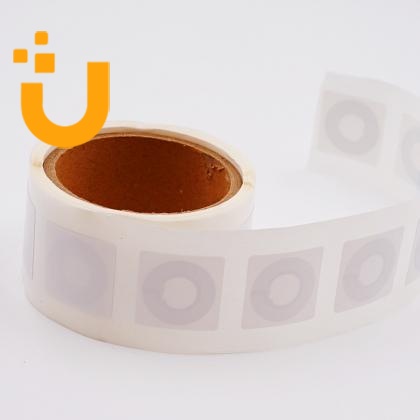
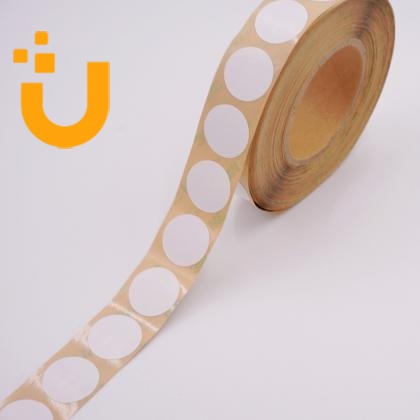

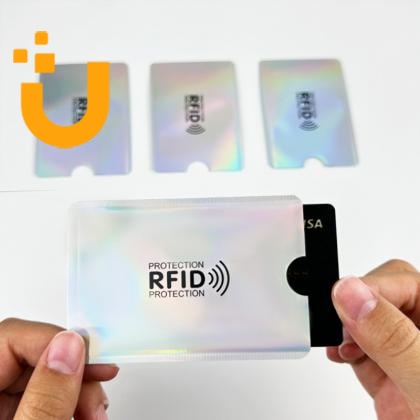
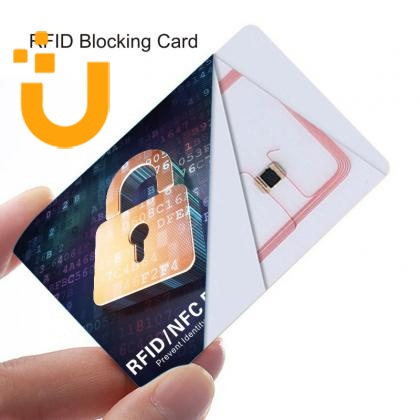





 IPv6 network supported
IPv6 network supported